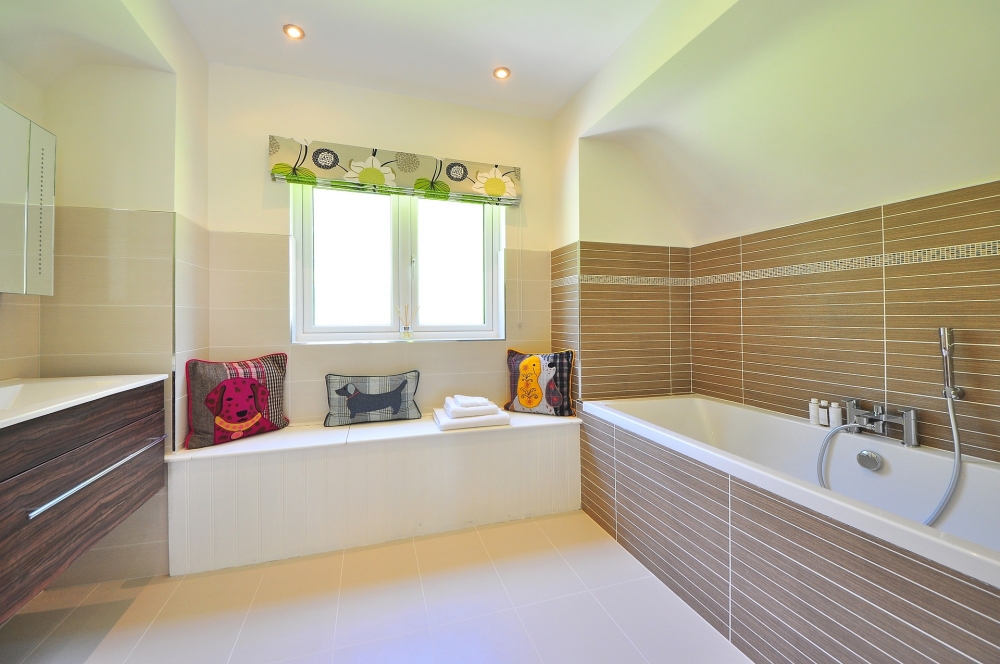First-Time Home Buyers: Ways to Maintain Bathroom Plumbing
Need Help? Hire Us Now!What're your opinions on Essential DIY Bathroom Plumbing Tips Every Homeowner?

For new home owners, understanding and maintaining restroom pipes can conserve both money and time by preventing costly issues down the line. Here are some necessary washroom pipes pointers to aid you keep whatever running smoothly.
Familiarize Yourself with the Main Shut-Off Valve
Knowing where the main water shut-off shutoff lies in your house is vital. This permits you to promptly switch off the water in case of major leaks or during pipes emergency situations, protecting against considerable water damages.
Routinely Examine for Leaks
Tiny leakages can cause huge issues. Frequently examine under sinks, around commodes, and near pipes fixtures for any signs of leakages. Seek dampness, small drips, or corrosion. Capturing and repairing leaks early can prevent extra major damage and conserve water.
Do Not Disregard Slow Drains
If your sink or bath tub is draining pipes gradually, it's commonly an indication of a clog creating. Resolving this early can avoid a complete blockage. Make use of a bettor or a plumbing technician's snake to clear out particles. Stay clear of making use of chemical drain cleaners as they can harm your pipelines in time.
Know What Not to Flush
Toilets are not waste disposal unit. Avoid purging anything other than bathroom tissue and human waste. Products like wipes, womanly hygiene products, and cotton swabs should be taken care of in the trash to stop blockages and sewer backups.
Set Up Strainers in Drains
Place filters in your sink and bathtub drains pipes to capture hair and other particles before they enter your plumbing system. Cleaning the filters frequently will aid protect against build-up and maintain water flowing easily.
Keep Your Hot Water Heater
Ensure your hot water heater is set to a proper temperature level (commonly around 120 levels Fahrenheit) to stop scalding and lower energy use. Flush the tank every year to remove sediment build-up, which can reduce the performance and life-span of your heater.
Update Your Components
If your home has older fixtures, take into consideration upgrading to a lot more reliable models. Modern commodes, showerheads, and faucets are made to use much less water while giving excellent pressure, which can significantly lower your water costs and environmental impact.
Beware with DIY Pipes Fixes
While it's appealing to deal with all home repairs on your own, be cautious with pipes. Some concerns might require specialist competence, particularly if they include main water lines or sewer repair work. Hiring an expert can sometimes be much more cost-effective than do it yourself, especially if it protects against more damages.
Plan For Winter
Secure your pipes from cold during winter by shielding pipelines in unheated locations like cellars, attic rooms, and garages. During severe cool, let cold water drip from faucets offered by revealed pipes to aid prevent freezing.
Arrange Normal Upkeep
Think about organizing annual examinations with a certified plumbing technician. They can find concerns that you may miss out on, such as concealed leakages or damage on pipes and components. Normal maintenance assists expand the life of your pipes system and can protect against emergency situations.
Final thought
Comprehending and preserving your home's shower room pipes can prevent many common concerns. By adhering to these necessary ideas, you can guarantee your restroom stays functional and effective, saving you time and money in the future.
Essential Plumbing Tips for Homeowners: Keep Your Pipes Flowing Smoothly
As a homeowner, understanding the basics of your plumbing system can save you time, money, and a lot of headaches. Plumbing issues can range from minor annoyances like dripping faucets to major problems like burst pipes that cause significant damage. This guide provides essential tips to help you maintain your plumbing system and tackle common issues.
Understanding Your Plumbing System
Supply System: Brings fresh water into your home from a municipal source or a well. Drain-Waste-Vent System: Removes wastewater and vents sewer gases outside. Fixtures and Appliances: Includes sinks, toilets, showers, dishwashers, and washing machines. Basic Maintenance Tips
Regular Inspections: Periodically check for leaks, corrosion, and other signs of wear and tear. Look under sinks, around toilets, and near water heaters. Know Your Main Shut-Off Valve: In case of a major leak, you’ll need to shut off the water quickly. Ensure everyone in your household knows where the main shut-off valve is located. Prevent Frozen Pipes: In cold climates, insulate exposed pipes and let faucets drip during extreme cold to prevent freezing. Use Strainers: Install strainers in sinks and tubs to catch hair, food particles, and other debris that can cause clogs. Common Plumbing Issues and Solutions
Clogged Drains:
Prevention: Avoid pouring grease down the drain and use drain screens to catch debris. DIY Fix: Use a plunger or a plumbing snake to clear minor clogs. For stubborn clogs, a mixture of baking soda and vinegar can sometimes help. Leaky Faucets:
Prevention: Replace washers and seals regularly. DIY Fix: Turn off the water supply, disassemble the faucet, and replace worn parts.

Book Appointment